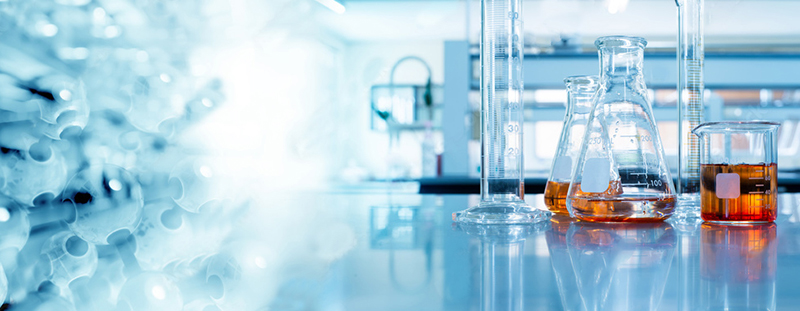15-Apr-2024

Thiourea derivatives are increasingly recognized for their ability to act as halogen bond donors, contributing to the field of supramolecular chemistry. Halogen bonding involves the formation of attractive interactions between halogen atoms (typically iodine, bromine, or chlorine) and Lewis bases. Thiourea derivatives are particularly interesting because of the electron-deficient nature of the sulfur atom and the potential for nitrogen atoms to serve as hydrogen bond acceptors. Here's a detailed description of thiourea halogen bond donors:
1. Structural Feateurs: Thiourea molecules consist of a central carbon atom doubly bonded to a sulfur atom (forming the thiocarbonyl group) and two nitrogen atoms bonded to the central carbon. These nitrogen atoms can bear substituents that influence the halogen bonding properties.
2. Halogen Bond Donor Ability: Thiourea derivatives exhibit halogen bond donor ability primarily through the sulfur atom, which acts as a σ-hole, a region of positive electrostatic potential generated by the asymmetry of the molecule. This σ-hole interacts favorably with the electron-rich region of a halogen atom in an acceptor molecule.
3. Electron Density Distribution: The electron-withdrawing nature of the sulfur atom, along with the electronegative nitrogen atoms, creates a region of positive charge on the sulfur atom, enhancing its halogen bond donor ability.
4. Substituent Effects: The substituents on the thiourea nitrogen atoms can significantly influence the halogen bond donor properties. Electron-withdrawing groups on these positions can enhance the positive charge on the sulfur atom, thus strengthening the halogen bond donor ability.
5. Applications:Thiourea derivatives as halogen bond donors find applications in various fields including crystal engineering, molecular recognition, and drug design. They can form stable complexes with halogen bond acceptors, leading to the construction of supramolecular architectures with specific properties.
6. Experimental Techniques: The characterization of thiourea halogen bond donors and their complexes typically involves techniques such as X-ray crystallography, NMR spectroscopy, IR spectroscopy, and computational methods like density functional theory (DFT) calculations. These techniques provide insight into the geometry, strength, and nature of halogen bonding interactions.
7. Design Strategies: Rational design of thiourea derivatives with tailored halogen bond donor properties involves careful selection of substituents to modulate electron density distribution and electrostatic potentials. Computational methods play a crucial role in predicting and optimizing the halogen bond donor ability of thiourea derivatives.
In summary, thiourea derivatives serve as versatile halogen bond donors due to their unique structural features, electron distribution, and substituent effects. Understanding and controlling these properties enable the design of functional molecules for various applications in supramolecular chemistry.
--END--
Sinhon Chemical focuses on high-quality thiourea production and manufacturing. The thiourea we produce has high purity, good quality and stable product performance. The annual production capacity is 20,000 tons, the inventory is sufficient, and the supply is stable. We also trade other products, such as molecular sieves, silica gel desiccant, aniline, methylene chloride, chloroform, sodium hydroxide, propylene oxide, etc.
Excellent service, reliable quality, delivering more value.
Contact us to start our journey of cooperation.
Email: [email protected]